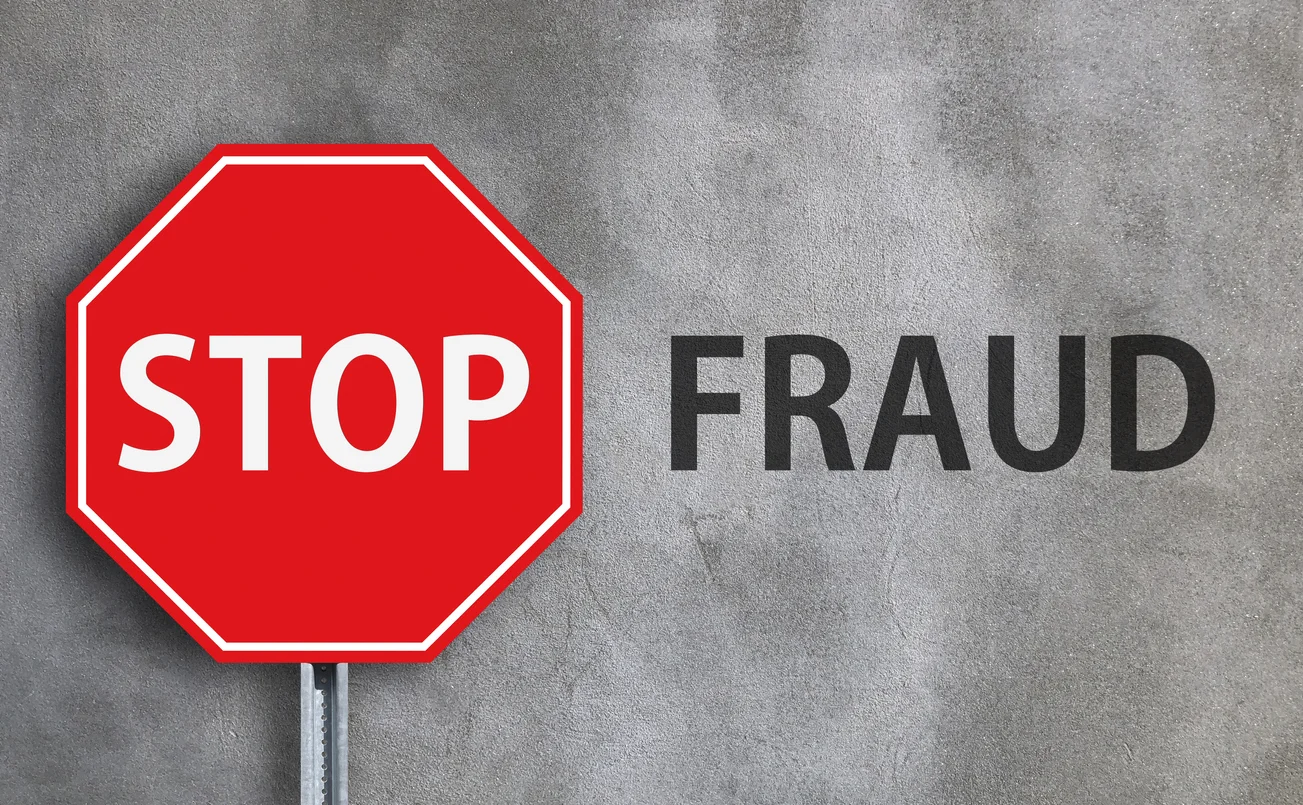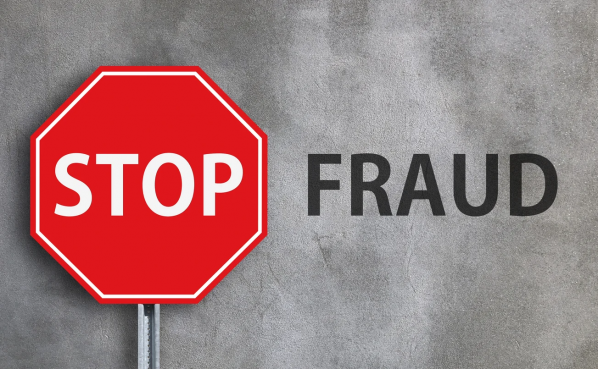How to detect corporate fraud
Any company whether they are big or small can face fraud and corruption. In most cases directors and owner do not even realize that their business is subject to such threat. As a result a lot of time can pass by before financial losses will be spotted. Forensic experts have the assignment to detect these situations.
For example, let’s say that there was an audit on a car plant in Russia. After the audit it turned out that for production of one car two bodies. It might seem that this case is not typical and it would be difficult to cover it up. However, employees can conceal their misdeeds when the control system in the company is not built properly. Yet, there are specific indicators that help forensic experts uncover any case of fraud.
Forensics – what is it?

Forensics is a complex of measures that are employed in the process of uncovering corporate fraud and corruption. The measures help address, analyze and stabilize situations that caused financial losses to the company. The provider of these services conducts specific research resulting in detection of employees committing corporate crimes. The goal of the provider can be expanded and further legal proceedings would be added to the detection of the wrongdoers. This may depend on the amount of damage done to the company and the possibility to prove them to be true. If the investigation is led by experts, the owner of the business not only has the opportunity to know which persons have been involved in fraud and corruption schemes, but also is able to prosecute them and return funds lost.
Forensic services
Forensic services include different types of services either of which has its own specifications.
Corporate intelligence
- Investigation aimed at determination whether individuals and legal entities involved in company’s activities are reliable;
- Identification of connections between the investigated subject and other subjects.
- Information support during negotiations and business deals;
- Information support during legal proceedings;
- Search of assets in Russia and abroad, its identification;
- Analysis of risks connected to the company’s entering new markets.
Conducting internal investigation
Internal investigation is conducted in cases of:
- Mischief of employees, counterparties, and other persons affiliated with the company;
- Breach of corporate ethics;
- Internal corruption;
- Selling information to insiders;
- Manipulation of market conditions;
- Money laundering;
- Using confidential information without permission;
- Withdrawal of company’s assets and funds.
Corporate fraud indicators
Sings of fraud include following situations:
- Increase of procurement with the same conditions and production volume;
- Detection of unsanctioned (counterfeit) or non-compliant products;
- Sharp increase of product sales with price decreasing;
- Significant increase in employees’ hospitality expenses;
- Reduction in sales;
- Clients’ complaints regarding decrease in product quality;
- Disproportion between employee’s expenditure and income.
Even one of these signs can indicate the existence of the problem.
Types of company fraud
Most common types of fraud usually concern purchases and sales, as well as zones of production. Less common yet still important problems can emerge in expenditures, such as nonmanufacturing costs or human resources costs.
The cause of leakage of funds can be found in any company department. But before conducting a zone inspection we form a list of individuals who might be connected to the fraud incidents.
How do we inspect employees?
Individual inspection suggests meeting the following criteria:
- Accurate face identification;
- Passport information;
- Criminal records or records on prior criminal offences;
- Participation in administrative offences;
- Search of archived information;
- Negative rating or other information documented in special registers;
- Real estate and movable property;
- Current account and taxes paid for the preceding three years;
- Tax arrears;
- Credit debt;
- Affiliation (an individual or a legal entity that has the ability to influence the activity of other legal entities and/or individuals);
- Kinship relations among employees;
- Social circle;
- Social and professional reputation among employees;
- Activity in the media sphere.
After analyzing all of the aspects mentioned above we formulate a search algorithm that allows us to start an audit of other company departments.
Procurement fraud
Purchases of redundant materials, fictive or double purchase are one of the most common types of corporate fraud. Unaccounted products are later sold by the plotters who then steal the money from the transaction.
Second most common type of fraud is buying products or materials from a supplier at a deliberately high price. Overpayment is then divided between the supplier and the person who is in charge of purchasing.
Another similar method of illegal earning at the company’s dime is buying production of inherently bad quality. Sometimes this kind of fraud may result in deaths of people. As an example may serve a case that occurred at a large economic enterprise in Russia: one of the electricians died because of a contractor who had sold a counterfeit product. Without knowing the electrician was using personal protection equipment that the company purchased and which did not comply with security requirements. It was later discovered by forensic experts during the investigation of this case. In the course of legal proceedings the company managed to recover its reputation, but the supplier received punishment.
Which problems can be avoided with the help of forensics?
Modern forensic audit helps detect and avert the following situations:
- Schemes involving a supplier and choosing a contractor on unfavorable terms;
- Tender fraud;
- Unjustified advance payments to products and services suppliers;
- Disproportioned prepayments of products and services done in order to acquire a bankruptcy status or to be recognized as being unable to fulfill obligations for disbursement of a loan.
Ways of addressing manufacturing fraud
People involved in fraud abuse their authority and invent various schemes. In the workplace it usually takes form of unjustified product recognition as faulty goods or manipulative actions concerning documentation, manuals, and classifiers. The director should become alert to the following acts on the behalf of designated officials:
- Forming a tender with conditions for a certain supplier;
- Choosing an unknown supplier with a price that is not significantly lower to the prices of recognized market participants;
- Manipulation concerning the amount and the quality of materials;
- “Innovation” expenditures;
- Accepting unperformed works and substandard products;
- Manipulating the minimum stock level.
Another scheme is to simultaneously run an additional business. For example, this may occur in a situation when a founder responsible for production assigns this task to a subcontractor represented by his own company registered on him or his family. In most blatant cases both companies have the same employees. As a result funds are transferred from one enterprise to another in circumvention of other founders of the company.
Fraud can also proliferate when the company has unaccounted finished commodity, materials or semi-finished goods. The unaccounted product or materials are accumulated and then get marketed in an unauthorized manner. It may occur if:
- there are manipulations concerning manufacturing, defected goods or waste norms;
- false testing and measuring devices numbers are submitted or the devices are intentionally damaged in order to make it impossible to calculate readings;
- video surveillance system is disabled;
- there is incorrect planning made for malicious purposes.
In such cases forensic experts do the following:
- run special tests;
- analyze individuals’ and legal entities’ affiliation;
- check the legality of certain subjects’ excess to data bases of the company.
Methods of addressing sales fraud
It can be profitable for a sales manager to sell products at an intentionally low price. There is a common scheme in procurement that includes purchasing low price counterfeit products and reselling them as original products. In these cases company employees receive a certain percentage from the counterparties for the “help”.
During investigation forensic experts are supposed to detect acts confirming that counterparties were given unjustified benefits and detecting negligence of the business owner. The above mentioned include:
- selling the product at unjustifiably low price;
- giving to customers discounts that do not comply with the conditions of company special offers;
- fictitious or excessive sales;
- postponing fulfillment of obligations for supplies and services without clear explanation;
- other cases.
Forensic risks that concern employees and non-productive waste
Accountants and persons acting as Director are often involved in these risks. As a result of their actions the following breaches can be detected:
- payment of bonuses and cash rewards that are not justified by company policy;
- distorting facts in order to add payments to an employee’s salary;
- distributing salary to non-existent people in the company;
- intentionally increasing expenditures on repair and construction works;
- investing or manipulating securities that cause or can cause financial damage to the company;
- charity;
- signing forged insurance contracts concerning company’s property;
- rental of premises or recruitment of employees that are not profitable for the company.
Which companies are at risk?
There is a false assumption that corporate fraud happens only in big companies, that’s why owners of small businesses do not suspect the existence of this problem in the company. However, forensic services sometimes can be necessary even when the company is small and, according to the Director’s, is not subject to these risks. In order to avoid fraud it’s common practice to recruit family members or friends, whom the owner trusted unconditionally before they were found to breach the company policy. In these cases the owner simply doesn’t see all the mayhem happening right in front of their eyes.
It’s important to understand that you cannot develop business when the funds are slipping through your fingers. And it will be difficult to sell the business that has such problems, because the costumer will probably detect the issue right away.
Fraud in Russian companies statistics
If there is no possibility of hiring a forensic expert, the owner of the company can personally attest the situation given the information from this article.
First of all, attention should be paid to top managers, because they are stealing more than others according to the KMPG audit company. KMPG formed their own statistics on methods of illegal appropriation of company funds. According to the published data it is theft of assets and revenue in 46% of the cases. 11% include distortion of financial records. Other 11% take agreements with suppliers and counterparties that can be considered not only as detrimental, but also as bribery.
According to data published by the company Deloitte, in 2019-2020 55% of companies in CIS countries faced fraud. Theft was detected at every level. In 55% of the cases employees of the middle-ranking positions were found guilty. Out of all the companies 37% of them stated that they have lost their reputation, 46% indicated financial damage. The main violations were conspiracy with counterparties, corruption and illegal assets appropriation. The cause of the violations was lack of control, which the employees have acknowledged as well. But these situations happen when the employees have too much freedom. By limiting and controlling their actions company leaders can avoid corporate fraud and its risks.



